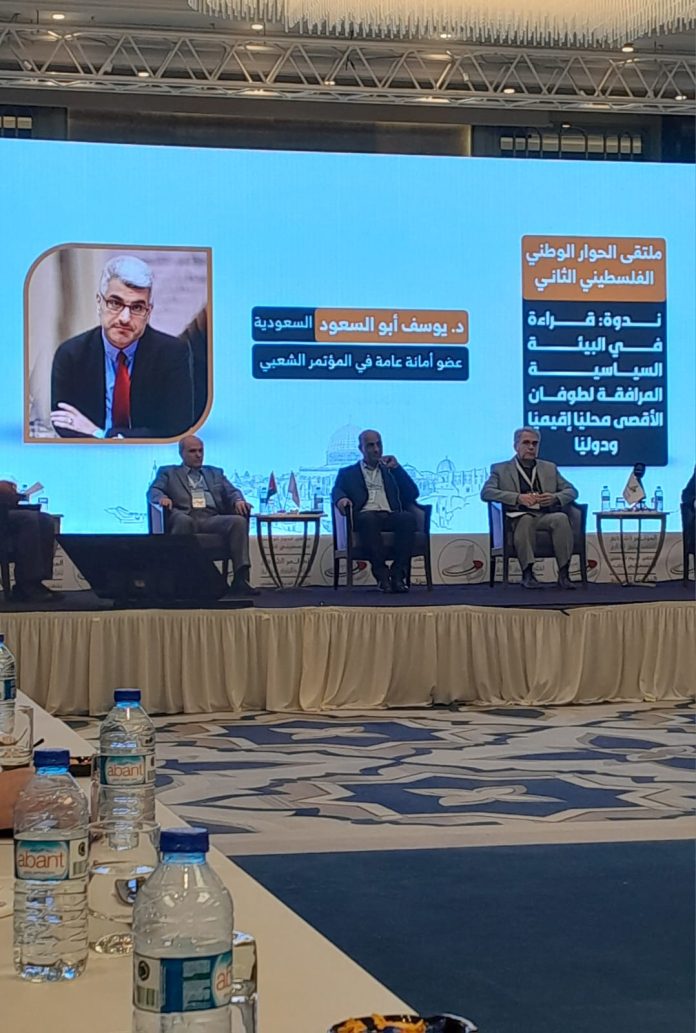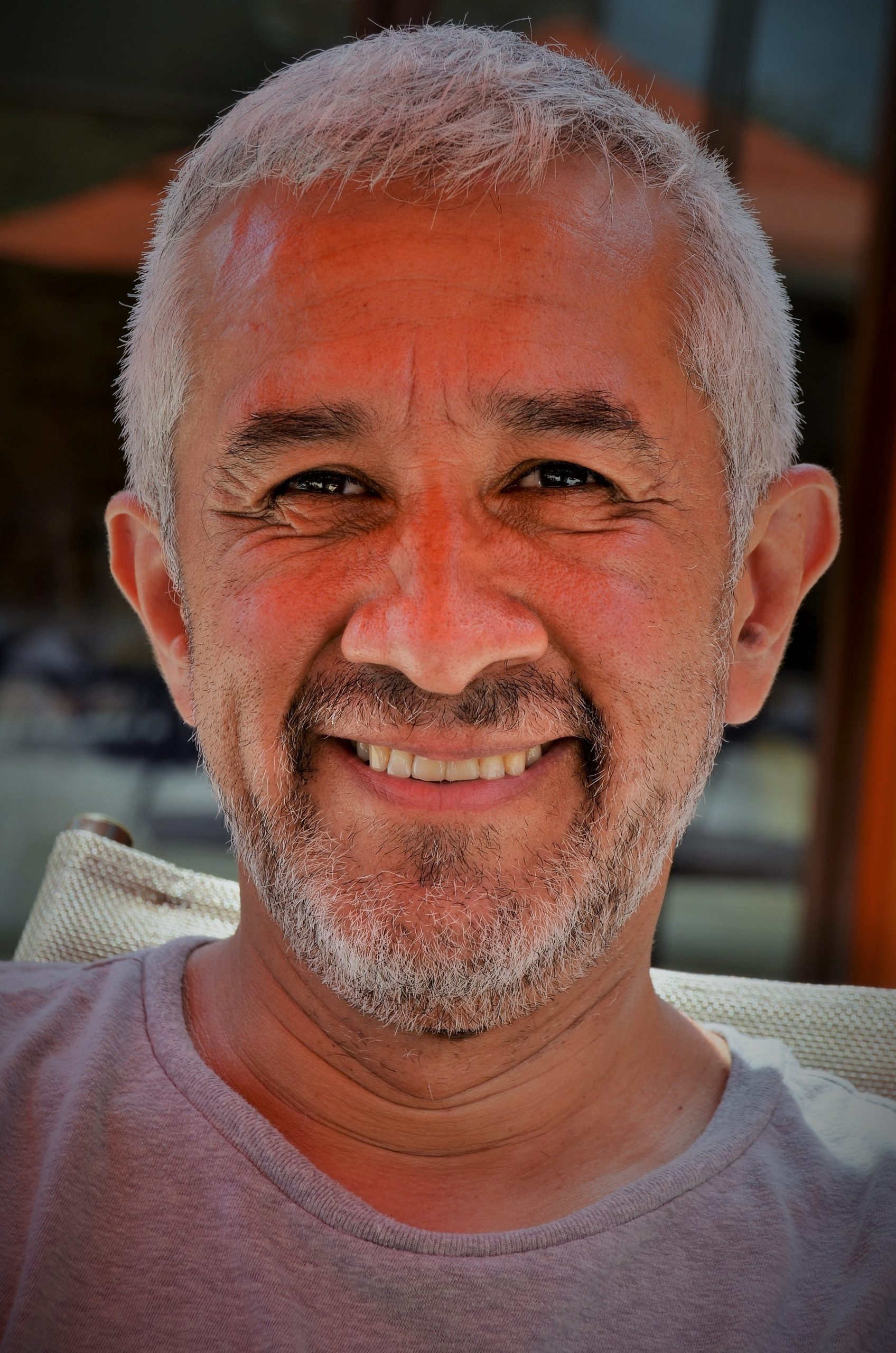Victor de Currea-Lugo | 29 June, 2024
This is the text of my speech at the «Popular Conference of Palestinians Abroad», in Istanbul, Turkey.
Colombia, until very recently, was known as the “Israel of Latin America.” We have been for decades under the influence of the United States, the control of Zionism, and numerous military contracts between the two governments.
Furthermore, the brutal paramilitary groups, responsible for the displacement of millions of people and the murder of thousands, were trained by Israeli officers. Also, Israeli weapons have been behind the violence in Colombia.
Only two years ago, in 2022, for the first time in the entire history of Colombia; “We elected the first left-wing president: Gustavo Petro, who arrived with the promise of making Colombia “a world power of life.”
From the beginning, foreign policy has been oriented towards the recovery of a multilateral perspective; and not in maintaining that narrow and dangerous position of only listening and obeying what the United States said.
Therefore, in September 2023, weeks before the resistance offensive of October 7; Colombia proposed an international conference to the UN to seek a solution to the occupation of Palestine, but it did not have the expected response.
In October and November, the Colombian Government focused on two tasks: the repatriation of Latin Americans who wanted to leave Palestine and Israel, and the shipment of several tons of medicines and food that were delivered to humanitarian organizations in Al-Arish, an airport Egyptian that is very close to Gaza.
Civil society, for its part, has participated like never before in demonstrations, forums, conferences, and other activities in favor of the Palestinian people; They have made books, booklets, collections of poems, and numerous publications in the media in favor of this cause. The awareness of Colombian society has increased regarding this genocide.
Once South Africa presented its lawsuit against Israel in the International Court of Justice, for genocide, Colombia supported the decision and designated a team to join the legal process.
Once the United Nations Security Council resolution called for a ceasefire during Ramadan was passed, the Colombian Government made it clear that failure to comply with said resolution by Israel would lead to the breaking of relations with Israel.
Within the framework of the meeting of the Community of Latin American and Caribbean States (CELAC), the Government of Colombia invited the Latin American community to act, based on international law, and to reject the ongoing genocide. Likewise, he defended the full recognition of Palestine
Colombia beyond the words
Then, President Petro decided to cut off the purchase of weapons from Israel, a country with which Colombia maintained an arms market and an important exchange of information on military intelligence.
As the genocide continued its course, finally, with the support of a large part of Colombian society, the Government decided to cut diplomatic relations with the State of Israel, despite pressure from both the United States and the Zionist lobby.
Subsequently, understanding that actions must be increasingly concrete, the President ordered the suspension of the sale of coal to Israel, since that input ends up fueling this entire genocidal machine.
A few weeks ago, the Colombian Foreign Minister, Luis Gilberto Murillo, was visiting the West Bank; preparing the ground for the opening of the Colombian Embassy in the State of Palestine.
Finally, the president announced that Colombia has decided to offer its experience in caring for war wounded, especially amputees. In that sense, a group of injured children from Gaza would soon be arriving in Colombia, in the company of their families.
We know that this set of measures is little, in any case, compared to what the Palestinian people deserve and need. We know that it is a small contribution during a genocide of the dimensions that the world knows.
Furthermore, within Colombia, Zionism continues to influence various political sectors, strongly fueling opposition to President Petro, controlling the media, and persecuting those who support the Palestinian cause.
President Petro calls genocide what is undoubtedly genocide, just as he calls ethnic cleansing and apartheid by name. But he is clear that we must move from words to actions. Colombia is not a nation with an Arab or Muslim majority, but it is not necessary for it to be so for a genocide to hurt us.
We want the Colombian example to expand, just as the brave example of South Africa has expanded. We want other societies, especially those that have also experienced violence, to join the voices and solidarity actions against genocide.
The Palestinian cause is ours, it belongs to the Colombians, to the Latin Americans. And it is because today in Palestine the fight between freedom and occupation, between life and death, between law and impunity will be decided. As Gustavo Petro said: “If Palestine dies, humanity dies.”
Finally, we non-Palestinians want to ask you something with all our respect and admiration: teach us to be pragmatic, without giving up principles. Teach us to be self-critical, and to assume our responsibilities. To speak to the world and not just to our neighbors. And to be united, understanding that being different does not mean having to be separated. Thank you.












